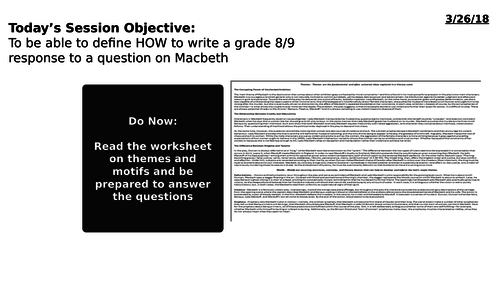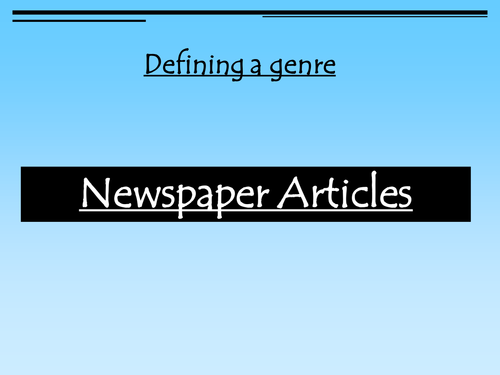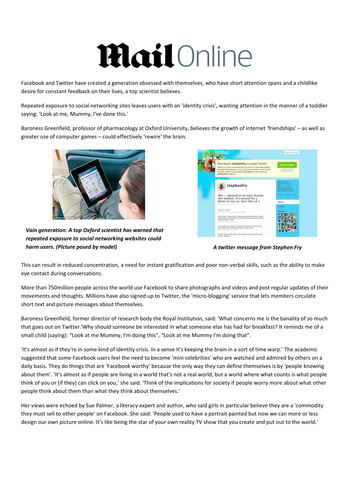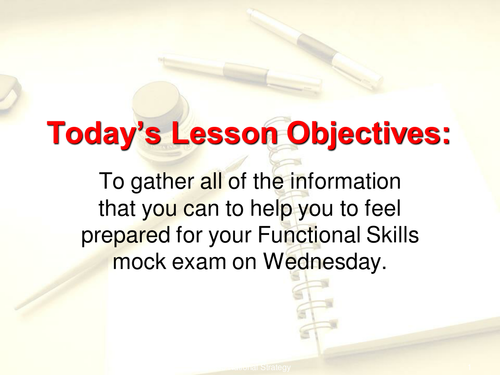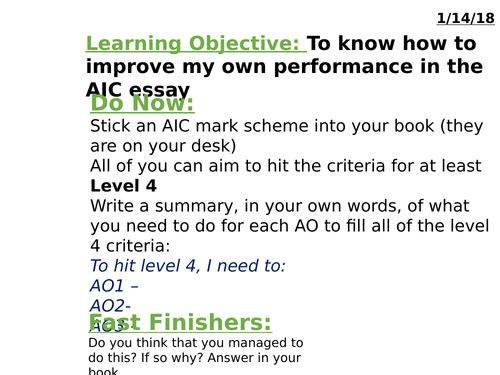MissR's Shop
These resources span my career; from my period of teaching unqualified, through to an AST of English & Director of Teaching & Learning. Although my specialism is English, I have taught GCSE Citzienship, Language and Lit, Media Studies, Maths & History. I have also taught all of those at Key Stage 3, so there is an eclectic mix here. As the main trainer in my previous school, I have uploaded many insets and training session powerpoints too.



